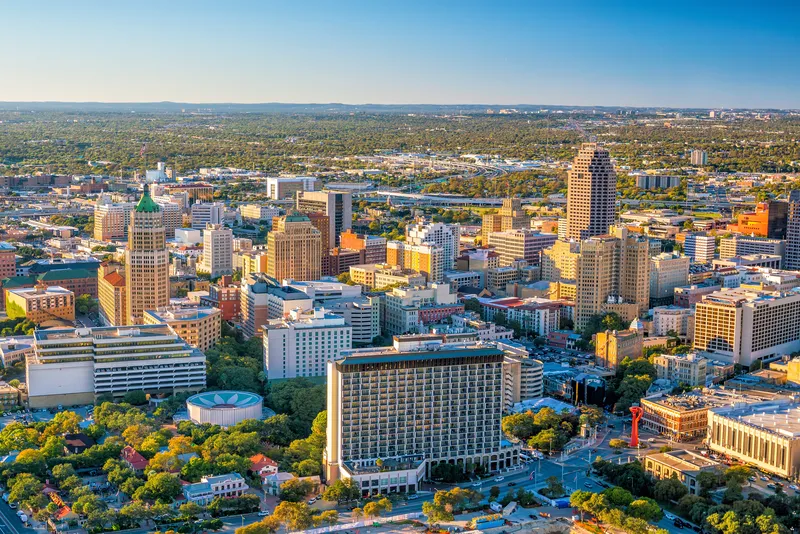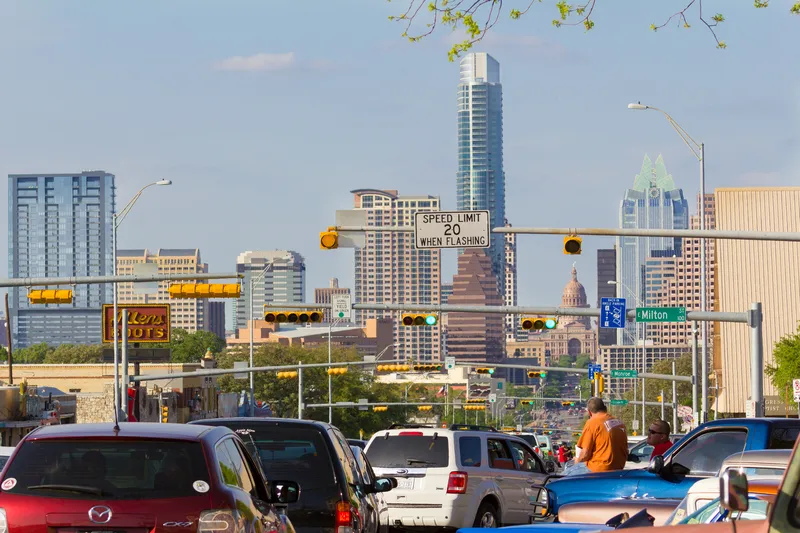
Via Metropolitan Transit - the transportation agency for San Antonio in Texas - has signed a $268 million grant agreement with the US Federal Transit Administration (FTA) to support the region’s first advanced rapid transit corridor.
Via Rapid Green Line, planned to be up and running by late 2027, will have dedicated lanes and synchronised traffic signals and is designed to improve transportation options along a 10-mile corridor.
Part of Via's Keep SA Moving plan, it will connect riders from the San Antonio International Airport, through Downtown, and south to the historic Missions area. Nearly 54,000 residents and 108,000 jobs are located along the route, and the FTA money represents the largest federal investment in Via’s history.
Benefits are set to include reduced travel times and enhanced rider experience, including off-board fare collection, level platform boarding and modern stations.
The plan also includes upgrades to intersections, sidewalks and drainage, benefitting pedestrians, cyclists and motorists, Via says.
The $268m grant was made available because the agency demonstrated it could provide high-quality transit services along dedicated bus-only lanes and secure local matching funds for construction and operation of the project: in 2020, 68% of San Antonio voters approved a measure to redirect an existing 1/8-cent sales tax to the transit agency, starting in 2026.
FTA deputy administrator Veronica Vanterpool says: “Right now, many San Antonio households are spending nearly a quarter of their income just on transportation. This new transit line will help lessen that financial burden and create a thriving environment where everyone can enjoy greater mobility and economic opportunities.”
"Together with the FTA, we’re now fully funded to construct the backbone of a system designed to meet the mobility needs of San Antonio, well into our evolving future,” says Via president/CEO Jeffrey C. Arndt.
“The Via Rapid Green Line will help countless residents and visitors more easily navigate our city, removing obstacles and barriers to healthcare, workforce development, jobs and opportunity that may have previously been out of reach. We see a future in which our customers spend less time travelling and more time doing the things that matter most in their lives.”








